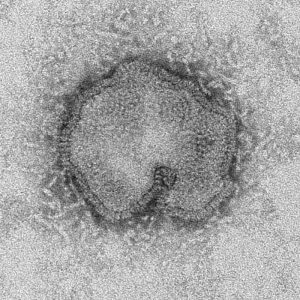The Hong Kong Centre for Health Protection (CHP) of the Department of Health (DH) is today (February 6) closely monitoring five additional human cases of avian influenza A(H7N9) notified by the Health and Family Planning Commission of Guangdong Province (GDHFPC), and again urged the public to maintain strict personal, food and environmental hygiene both locally and during travel.

According to the GDHFPC, the five patients involve three males and two females aged between 2 and 76. Among them, a woman aged 62 has passed away while the others are currently hospitalised for treatment.
To date, 561 human cases of avian influenza A(H7N9) have been reported by the Mainland health authorities, respectively in Zhejiang (156 cases), Guangdong (151 cases), Jiangsu (70 cases), Fujian (58 cases), Shanghai (44 cases), Hunan (24 cases), Anhui (17 cases), Xinjiang (10 cases), Jiangxi (nine cases), Shandong (six cases), Beijing (five cases), Henan (four cases), Guangxi (three cases), Jilin (two cases), Guizhou (one case) and Hebei (one case).
According to the CHP, avian influenza is caused by those influenza viruses that mainly affect birds and poultry, such as chickens or ducks. Clinical presentation of avian influenza in humans includes eye infection (conjunctivitis), flu-like symptoms (e.g. fever, cough, sore throat, muscle aches) or severe respiratory illness (e.g. chest infection).
The incubation period ranges from 7 to 10 days. The more virulent forms can result in respiratory failure, multi-organ failure and even death. People mainly become infected with avian influenza through close contact with infected birds and poultry (live or dead) or their droppings. Human-to-human transmission is inefficient.
People in close contact with poultry are more susceptible to contracting avian flu. The elderly, children and people with chronic illness have a higher risk of developing complications such as bronchitis and chest infection.

